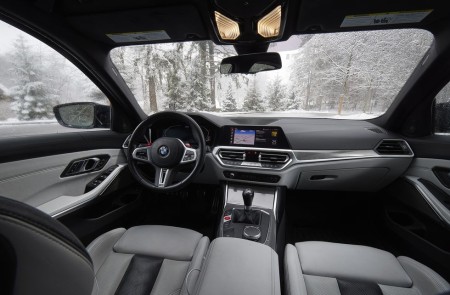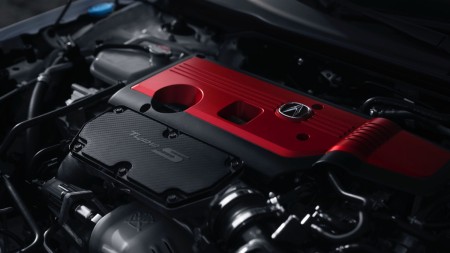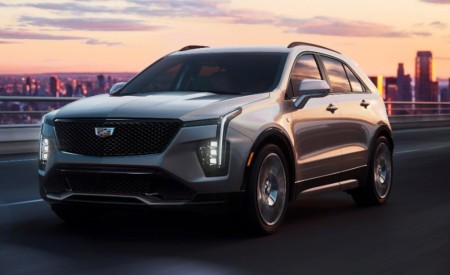Smart Sound For Seniors
Home-based elderly care has become the main way of elderly care in developed countries such as Europe, America, and Japan. With the advent of the intelligent era, more and more smart devices are entering the field of elderly care.
This article researches the sound requirements of the elderly in the elderly care environment and designs a sound device for the daily needs of the elderly.
As a new type of smart home device, smart speakers provide more possibilities for the elderly with their efficient and convenient visual and auditory features.
Through the intelligent speech recognition technology of the smart speaker system, the elderly can use life service functions more conveniently, such as voice-activated music playback, weather broadcasting, and alarm setting reminders, thereby improving their quality of life.
Therefore, researching the design method of smart speaker systems for home-based elderly care will help improve the elderly's ability to care for themselves, and promote intelligent, efficient, and humane elderly care services.
The application of smart speakers in the field of home-based elderly care is far from limited to providing life service functions. In addition to providing life service functions, it can also combine with intelligent home systems to achieve more convenient functions, such as remote control of appliances, and security monitoring.
At the same time, smart speakers can also communicate with the elderly through intelligent speech interaction technology to promote their physical and mental health.
Of course, the design of smart speaker devices for the elderly needs to pay attention to some special needs. For example, the elderly may have hearing loss, so we need to consider design aspects such as volume adjustment, speech clarity, and pronunciation speed.
In addition, smart speakers also need to consider the habits and preferences of the elderly, such as language environment, music type, and alarm ringtones.
In the functional design of smart speaker devices, the special needs of the elderly also need to be considered. For example, in the life service function, medical health, nutrition and diet, and physical health services can be added to provide help for the elderly in health management.
The core technology of smart speakers
1. Chip technology
Chips are the core of smart devices. In addition to the main control chip, there are also digital function chips, audio ADC chips, memory chips, power system management chips, etc.
2. Speech recognition technology
This technology has reached a relatively mature stage, and the recognition rate of near-field recognition can reach more than 90%, and the recognition rate of some technologies can reach 97%.
3. Semantic recognition technology
Smart speakers not only need to recognize speech but also need to recognize semantics. Understanding the user's meaning can provide a better experience.
The key to the development of semantic recognition technology is the collection of data volume and the construction of algorithm models. Currently, this technology generally has the shortcomings of unstable continuous dialogue function and poor semantic understanding ability, and there is still a lot of room for improvement.
In summary, smart speakers are an important part of smart home devices and have an important role in home-based elderly care. By deeply understanding the needs of the elderly and designing smart speaker devices targeted to their needs, more convenient, intelligent, and humane home-based elderly care services can be provided to the elderly.
You May Like:


